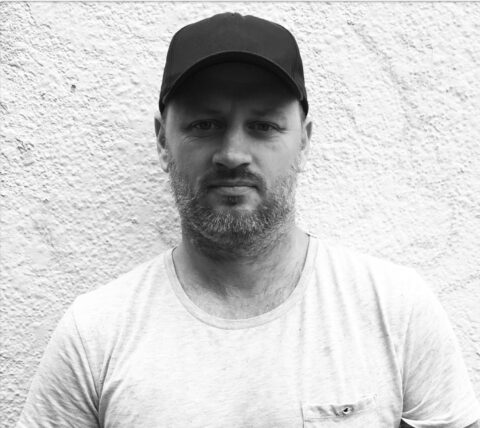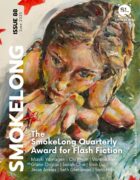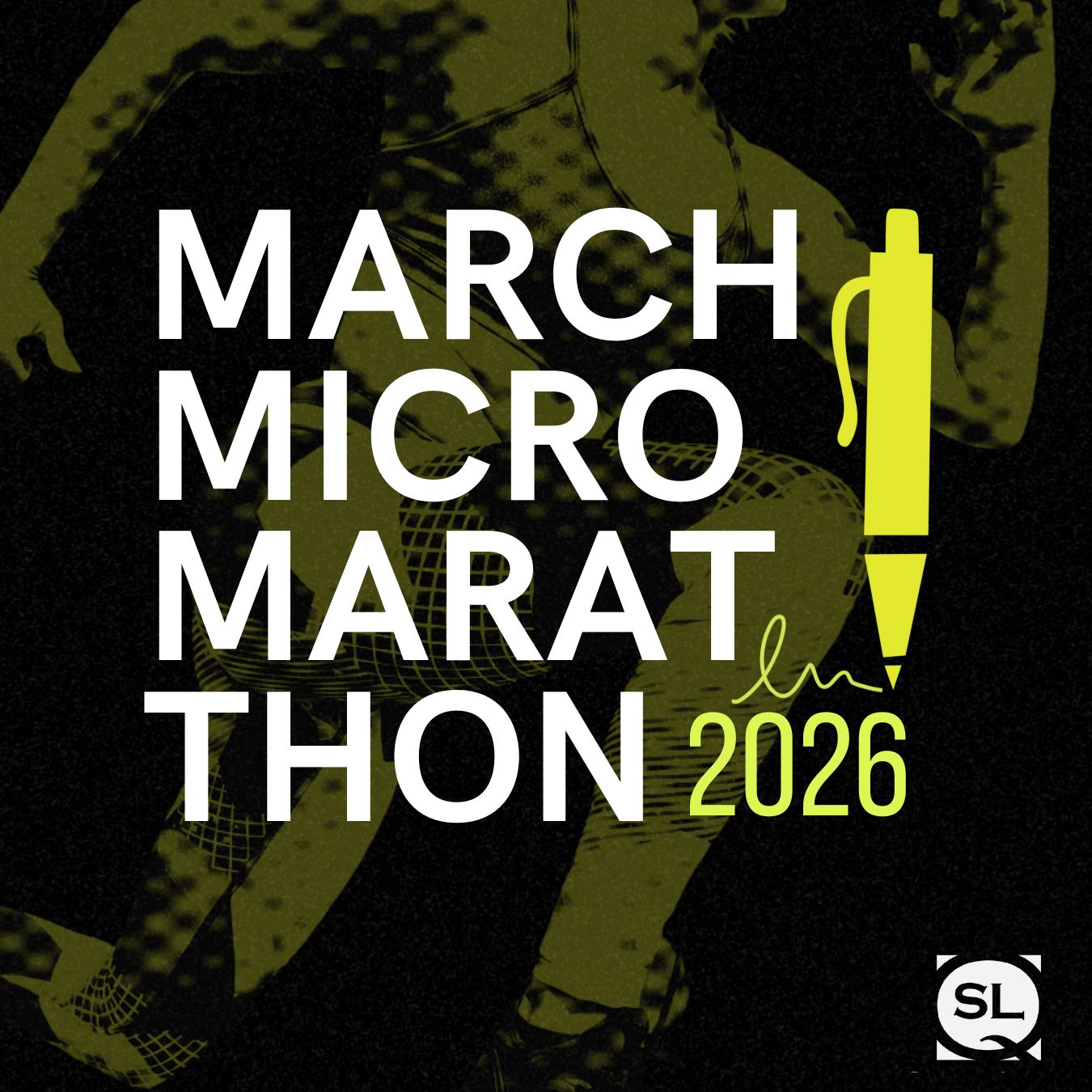“Wild Gazelle” came out swinging with voice—in dialect, which is its own challenge. How did that voice come about (and/or was it important or hard for you to replicate the sound of speech)?
I grew up listening to a mismatch of voices: Australian, Kiwi, Scottish, American, country, and surfie. A version of that conglomerate lives in my head, like it or not, so it comes out easy. Smart people would use that voice to dumb themselves down. Being dumb was akin to being tough in that small town world.
For whatever reason I like writing dialogue, it just flows, whereas everything else in writing (description, exposition, setting) is hard work and takes endless tinkering.
In a time when people talk about toxic masculinity, this story walks a tightrope between brutality and tenderness, with a reverence for preserving innocence. Is this an intentional theme?
Masculinity comes in a lot of forms, in my experience, and I like to find the male characters who are not wholly bad (but not necessarily good). Characters who have a chance at redemption, but at an enormous cost. I like to juxtapose that type of character against a character who has fully embraced their evilness. I want to see some vulnerability and tenderness in that environment, to see if it can be nurtured, to see if it will survive. It’s tense like that, scary. That’s why the innocence of children scares me—it is so fragilely beautiful, so precious and irredeemable once lost.
In this and other stories, you’ve portrayed men trapped in the moment of making a life-changing choice, pushed to take actions they might not choose otherwise, caught between a code of ethics and conscious of weakness. How does this energy drive you—and is it its own kind of story structure?
I maybe feel a bit trapped myself, LOL. I try to live by a code, and I sometimes feel myself weak against its strength. Like, I’ll want to choose the easy way rather than the right way. So, I get this guy’s dilemma. And dilemmas are story structures that interest and inspire me.
From the start this guy is resigned to his fate, and I find his resignation funny (darkly), and his consciousness of his weakness also funny (and refreshingly honest). I like to write characters who face the oncoming with some humor.
That telly, man! Were you aware of the multiple layers of effect it was creating as the story developed? And you end the story with him saying he knows what he’ll do but then asking himself twice, What am I going to do? How did you decide to end with questions, not action?
The TV just felt right. It’s the kids’ second parent, the thing that looks after them, teaches them, is there for them. They have nothing if it’s gone. And so I wanted the TV to be the thing he had to destroy. To see if he can bring himself to do it. And I like that he has to hold that big heavy object while having to make this weighty decision.
I don’t feel like I actively made the choice to end with questions, I just wanted to leave him at the crux of his dilemma. I wanted to leave him with an impossible choice. I wanted both options to be bad. I kind of want to find out what happens, and I may write more of this story in the future.
Also, I think this character is asking himself, “What am I going to do here?” right from the start, the seeds of rebellion are there. He’s had an inkling that a reckoning will come, and that all he is now is an object of derision, much like Wile E. Coyote as he runs off a cliff. He is in that moment. But only at the end does he realize there is a genuine choice for him to make, one he’s been making all along.
In your Pithead Chapel interview, you shared how your story “Axolotl Soup” began and developed in SmokeLong workshops. Is there an origin story of how “Wild Gazelle” came about? (I heard Eddie Vetter say he wrote his first songs for Pearl Jam while out surfing, waiting for waves. Is that true—can you write in your head or solve story questions while you’re out on the water?)
LOL. Surprise, surprise: “Wild Gazelle” was also written in a SmokeLong workshop. As a much longer version, it was a scene in my novel. During SmokeLong there was an editorial section where we were encouraged to cut down something that wasn’t working into a flash, and that’s how Wild Gazelle started. I really wasn’t sure about it for this competition, because the voice is so voicey. I wasn’t sure it would fit.
When I’m in the water it’s really my time to try and disconnect from everything else and to just concentrate on surfing. If I’m not in the flow of surfing, if I’m thinking about writing or something else, then I surf poorly and it’s frustrating. So surfing teaches you not to think, which is the best thing about it.
When you’re not actively trying to think of a solution to a problem is when the solution to the problem presents itself to you. Well, that’s what I think.



 In its third year, The March Micro Marathon will be, as usual, a prompt-a-day whirlwind for 24 days. You’ll exchange drafts of micro fiction, non-fiction, and prose poetry in small groups and gather for a series of online events (all recorded for participants unable to attend live). We’ll finish with 3 competitions, and participants who are not already in SmokeLong Fitness will be invited to workshop with SmokeLong Fitness until the end of April!
In its third year, The March Micro Marathon will be, as usual, a prompt-a-day whirlwind for 24 days. You’ll exchange drafts of micro fiction, non-fiction, and prose poetry in small groups and gather for a series of online events (all recorded for participants unable to attend live). We’ll finish with 3 competitions, and participants who are not already in SmokeLong Fitness will be invited to workshop with SmokeLong Fitness until the end of April!